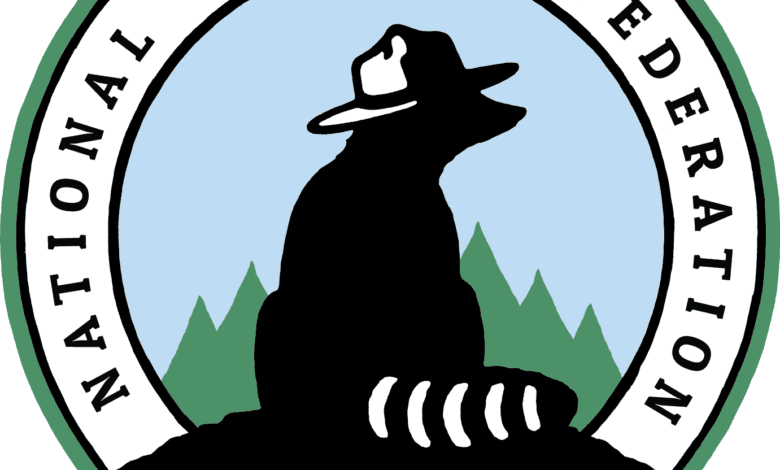Hearing Puts Spotlight on Commonsense Ways to Help Wildlife
“It’s not too late to save America’s wildlife — but the greatest ally of extinction is inaction.”

WASHINGTON (October 17, 2019) – Today, a House Natural Resources subcommittee is holding a hearing on two bills aimed at helping wildlife populations thrive: the Recovering America’s Wildlife Act and the Wildlife Corridors Conservation Act.
“It’s not too late to save America’s wildlife — but the greatest ally of extinction is inaction,” said Collin O’Mara, president and CEO of the National Wildlife Federation. “The bipartisan Recovering America’s Wildlife Act, sponsored by Representatives Dingell and Fortenberry, proposes a visionary, collaborative solution to save more than 12,000 species based on the premise that an ounce of prevention is worth a pound of cure. By acting today, we can ensure that our children and grandchildren inherit a full symphony of birds, streams teeming with fish, and grasslands dotted by herds of pronghorn. The Wildlife Corridors Conservation Act will help ensure wildlife can move through an increasingly fragmented landscape to get to the food, water, breeding grounds, and seasonal habitat they need to survive.”
“In addition to managing wildlife for biological and scientific purposes, we as Natives, also manage our wildlife for spiritual, cultural, and traditional purposes. A large part of the Native way of life is centered on wildlife,” said Gloria Tom, director of the Navajo Nation’s Department of Fish and Wildlife. “That’s why Recovering America’s Wildlife Act is so important. The Tribal Title would provide $97.5 million in dedicated funding for tribal nations – investment that is desperately needed to support tribal nations who have well established, comprehensive wildlife management programs or tribes who need support to expand their existing programs.”
“Wildlife don’t recognize boundaries as they move across federal, state, tribal and private lands for their seasonal, mating and foraging migration needs,” said Jesse Deubel, executive director of the New Mexico Wildlife Federation. “That’s why a federal policy that provides incentives for all stakeholders to protect wildlife corridors is so critical. This bill will ensure that America’s wildlife populations survive and thrive for generations to come.”
About the Recovering America’s Wildlife Act
+ The bill will fund conservation efforts for more than 12,000 species of wildlife and plants in need of assistance by providing $1.397 billion in dedicated annual funding for proactive, on-the-ground efforts in every state and territory.
+ Wildlife recovery efforts will be guided by the Congressionally-mandated State Wildlife Action Plans, which identify specific strategies to restore the populations of species of greatest conservation need.
+ Tribal Nations would receive $97.5 million annually to fund proactive wildlife conservation efforts on roughly 140 million acres of land.
+ Learn more at www.nwf.org/recoverwildlife
About the Wildlife Corridors Conservation Act
+ Protecting important migration pathways enables wildlife to travel safely from summer to winter range, increase genetic diversity, and adapt to impacts from climate change.
+ The Wildlife Corridors Conservation Act will encourage federal, state, local and tribal leaders — along with private landowners — to work together to promote habitat connectivity.
Prepared Testimony
+ Download Collin O’Mara’s prepared remarks – link
+ Download Gloria Tom’s prepared remarks – link
Visit the National Wildlife Federation Media Center at NWF.org/News.
The National Wildlife Federation is America’s largest conservation organization uniting all Americans to ensure wildlife thrive in a rapidly-changing world. Follow us on Facebook, Twitter, and Instagram.
